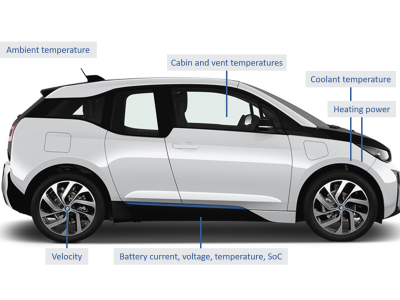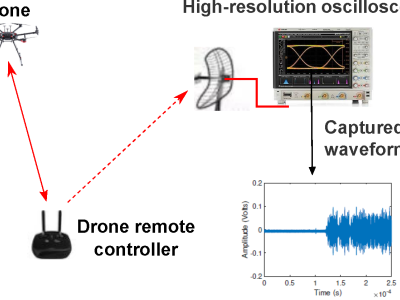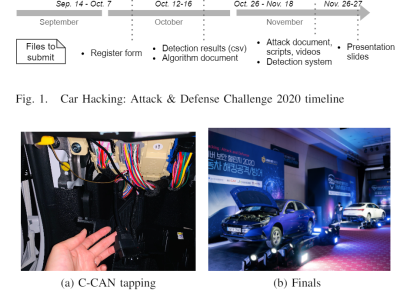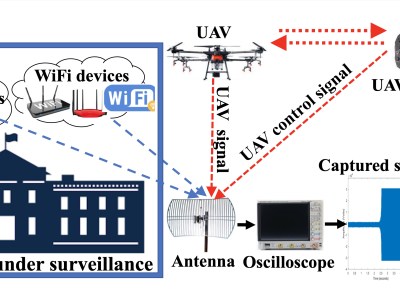Are Commercially Implemented Adaptive Cruise Control Systems String Stable

- Citation Author(s):
-
Gunter GGloudemans DStern R E
- Submitted by:
- Hanfei Wang
- Last updated:
- DOI:
- 10.21227/m76h-dt22
 39 views
39 views
- Categories:
- Keywords:
Abstract
Instructions:
The GA iteratively improves the solutions to complex problems through selection, crossover, and mutation operations. In this study, GA is used to optimize the IDM model parameters based on existing datasets.








